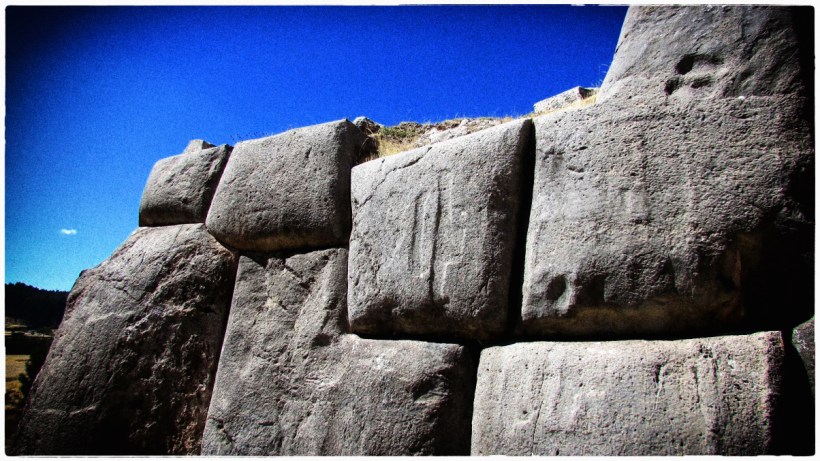 All content on this site is offered under a Creative Commons Attribution-ShareAlike 3.0 United States License.
All content on this site is offered under a Creative Commons Attribution-ShareAlike 3.0 United States License.
“My name is Thomas Kenning. I am the creator of Openendedsocialstudies.org. I am an educator with approximately fifteen years of experience in classrooms ranging from preschool to university, though my primary focus is on grades six to nine in the field of social studies. I have a bachelors in secondary education from Indiana University and a masters in history from American University. I started this website because it is the kind of resource that I am always looking for myself – digestible lessons that expand the too limited American notion of “world history,” accompanied by questions that help students to process and apply (not just regurgitate and forget) what they are reading. If the idea is to build bridges to a broader view of the world – not wall our students in – then I hope this website is one of those bridges, rickety as it may be.

I am a firm believer that the best teachers are creative and resourceful, making dynamic use of the tools they have at hand. In that spirit, some of the basic text on this website is adapted from open sources (like Wikipedia), but every bit of it has been fact checked and cross-referenced with academic sources. I’ve made every effort to ensure accuracy, as well as balance, across this website. I stand by everything I have posted here – I use many of these lessons in my own classroom on a regular basis – but if you see something that strikes you as inaccurate, by all means, please let me know in the comments section of the page in question.
Thank you for choosing to use Openendedsocialstudies.org in your classroom.”
Thomas Kenning is an author, educator, and adventurer. He has written extensively about Washington, DC, including in the recently published Abandoned Washington, DC. Mr. Kenning is the creator of the award-winning Openendedsocialstudies.org, a library of free lesson plans and travel writing designed to foster a sense of wonder about the world and our place in it. When he is not travelling to some far flung corner of the Earth, he resides with his wife and daughter (a DC native!) – planning his next improbable adventure and trying to leave the planet a little bit nicer than he found it.










You must be logged in to post a comment.